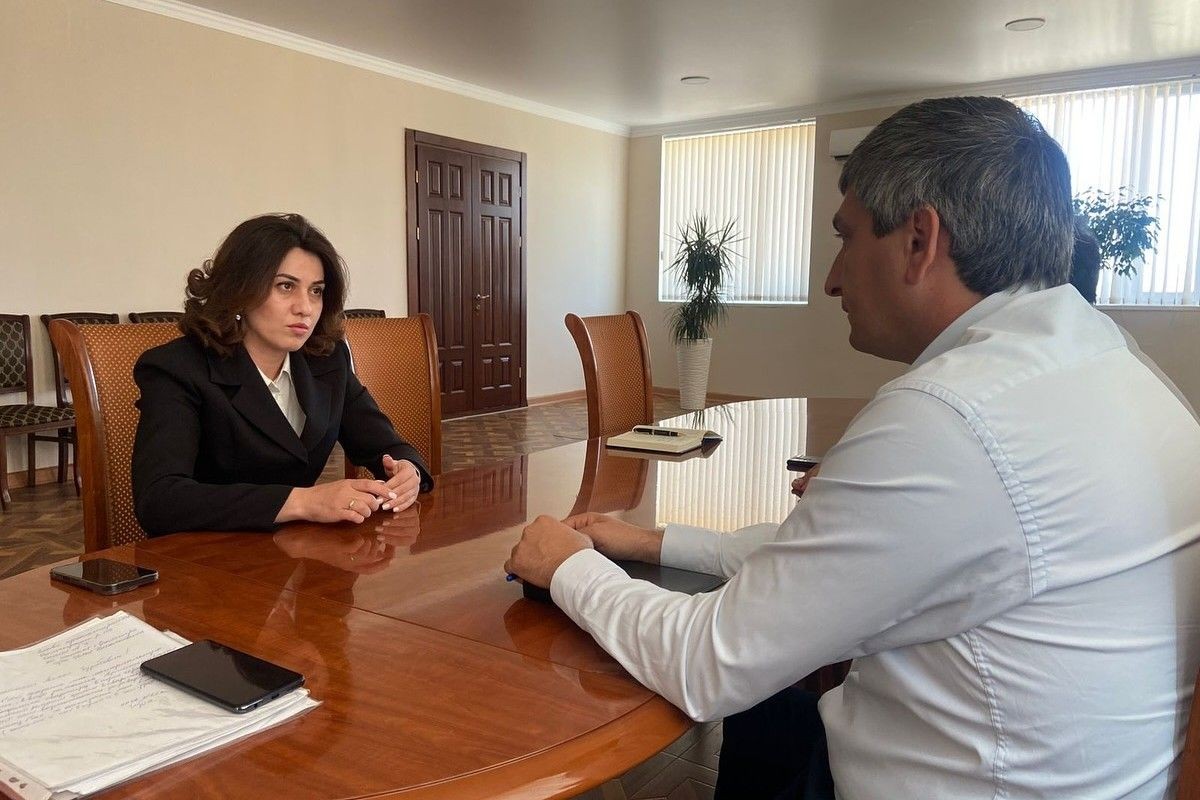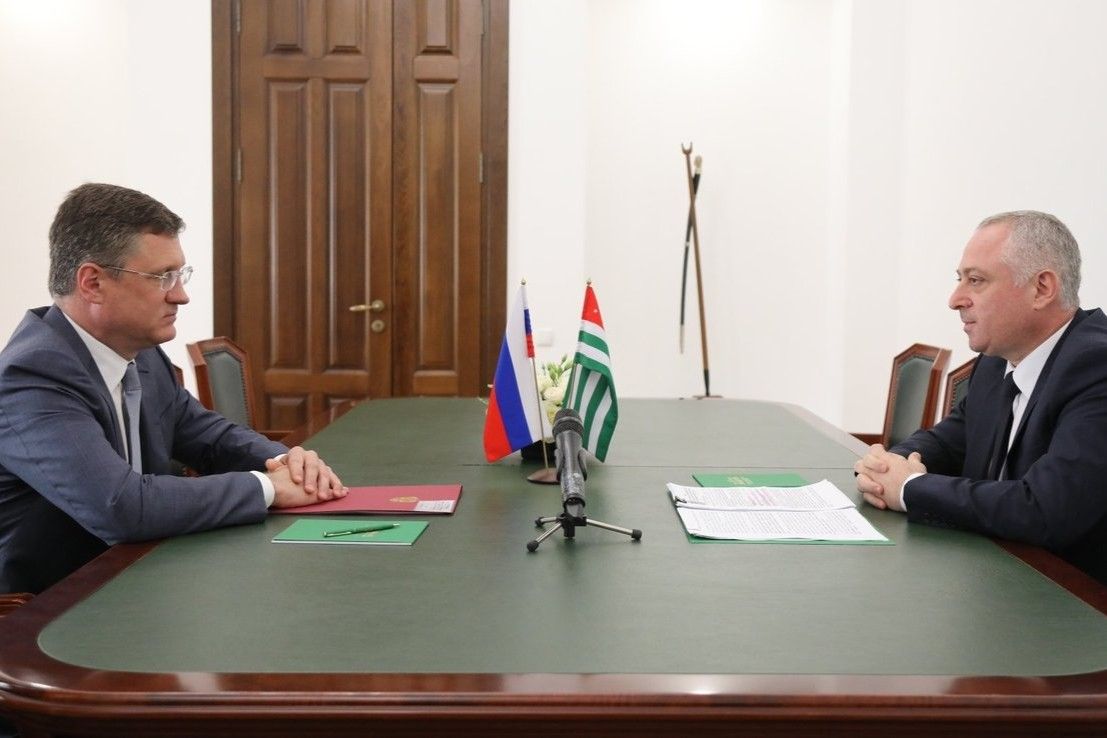
Abkhazian Education Minister Khana Gunba has said that a centre for ‘ideological and moral education’ will be opened in the autumn of 2025 to better train teachers.
In an interview with the Russian state-run media outlet Sputnik Abkhazia, Gunba said the centre would be accepting applications for teachers who have a ‘readiness to learn and a wish to be helpful’ to Abkhazia.
Gunba said the centre was ‘nothing new’, and cited the Soviet system of higher education, which she described as the ‘strongest and most fundamental’.
The main function of the centre is to ‘strengthen national identity and cultural values among students in the context of globalisation’, Gunba said separately during talks with local education officials in the Ochamchira (Ochamchire) District, where the centre is set to be opened.
Gunba said the centre’s programmes will not just be implemented in schools, but also involve the families of schoolchildren.
‘The centre will strengthen the introduction of cultural and historical elements, which are often difficult to cover within the standard curriculum’, the Education Ministry said. Few specifics of the centre or the associated curriculum were shared.
Nonetheless, at least rhetorically, the preliminary descriptions of the centre echoed the increase in Russia’s patriotic and ideologically-minded curriculum that has accompanied its military aggression against Ukraine in 2014.
Following the beginning of its full-scale invasion in 2022, the growth and intensity of such programmes spiked, including rewriting of history and introduction of patriotic, militaristic elements across all levels of education.
There has long been concern that Russia has been using support for educational programmes in Abkhazia as a means of extending its influence, increasing the spread of Russian narratives about history, and fostering pro-Kremlin views.
For ease of reading, we choose not to use qualifiers such as ‘de facto’, ‘unrecognised’, or ‘partially recognised’ when discussing institutions or political positions within Abkhazia, Nagorno-Karabakh, and South Ossetia. This does not imply a position on their status.











